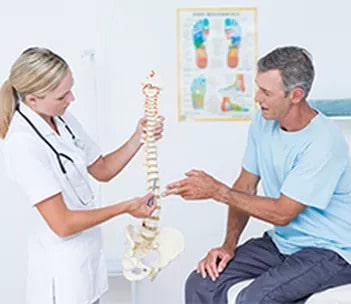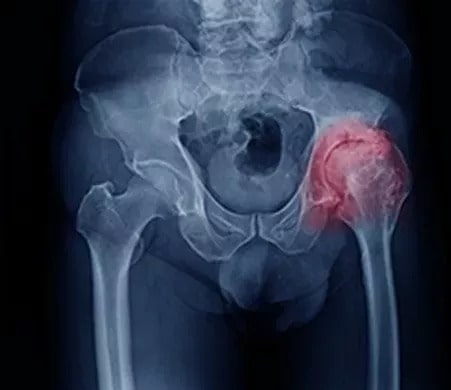What is nerve decompression?
Nerve decompression is a procedure that releases pressure on specific nerves. It can relieve chronic pain and restore function.
Most peripheral nerve injuries (those that aren’t in your spine) are due to entrapment or pinching. At some point along their length, these nerves come under pressure from the tissues surrounding them, which could include tendons, ligaments, and in some cases, bone.
Nerve compression can cause severe pain. Depending on the type of nerve that’s under pressure, you could also have symptoms, such as:
- Numbness
- Tingling
- Burning
- Prickling
- “Pins-and-needles” sensation
- Weakness
- Loss of function
Without treatment, these symptoms often worsen and may spread further out.
When would I need nerve decompression?
Nerve decompression might be necessary if you have a condition that isn’t responding to treatments like physical therapy, splinting, and corticosteroid injections. The most common nerve entrapment conditions include:
Carpal tunnel syndrome
The carpal tunnel is a circle of small bones in your wrist. The large median nerve that goes from your shoulder into your hand passes through the carpal tunnel, which is quite narrow. If the ligament in the tunnel thickens, it can press on the median nerve.
The compression causes chronic wrist and hand pain, numbness, and weakness. In severe cases, the pain extends to your shoulder.
Tarsal tunnel syndrome
The tarsal tunnel is in your ankle. Like the carpal tunnel, it consists of small bones. In this case, the nerve compression affects your posterior tibial nerve.
Cubital tunnel syndrome
The cubital tunnel is in your elbow. Nerve compression here affects the ulnar nerve, causing symptoms in your arm and hand.
Peroneal nerve compression
The peroneal nerve in your knee is a branch of your sciatic nerve, the large nerve descending from your lower back into your legs. In addition to typical nerve compression symptoms, this condition can cause foot drop, where you have problems lifting the front of your foot.
What does nerve decompression involve?
The Vital Orthopedic & Spine Institute team usually does nerve decompression procedures on an outpatient basis. That means you can go home the same day as your surgery. Your surgeon can often use minimally invasive arthroscopic surgery methods that cause far less pain and tissue damage.
The precise technique your surgeon uses may vary depending on your condition but involves creating more room for the compressed nerve. For example, when treating carpal tunnel syndrome, they cut the thickened ligament to free the compressed median nerve.
Recovery from nerve decompression is usually fast. Most patients regain full use of the area, and their symptoms disappear.
To find out how you could benefit from nerve decompression surgery, call Vital Orthopedic & Spine Institute today or book an appointment online.










